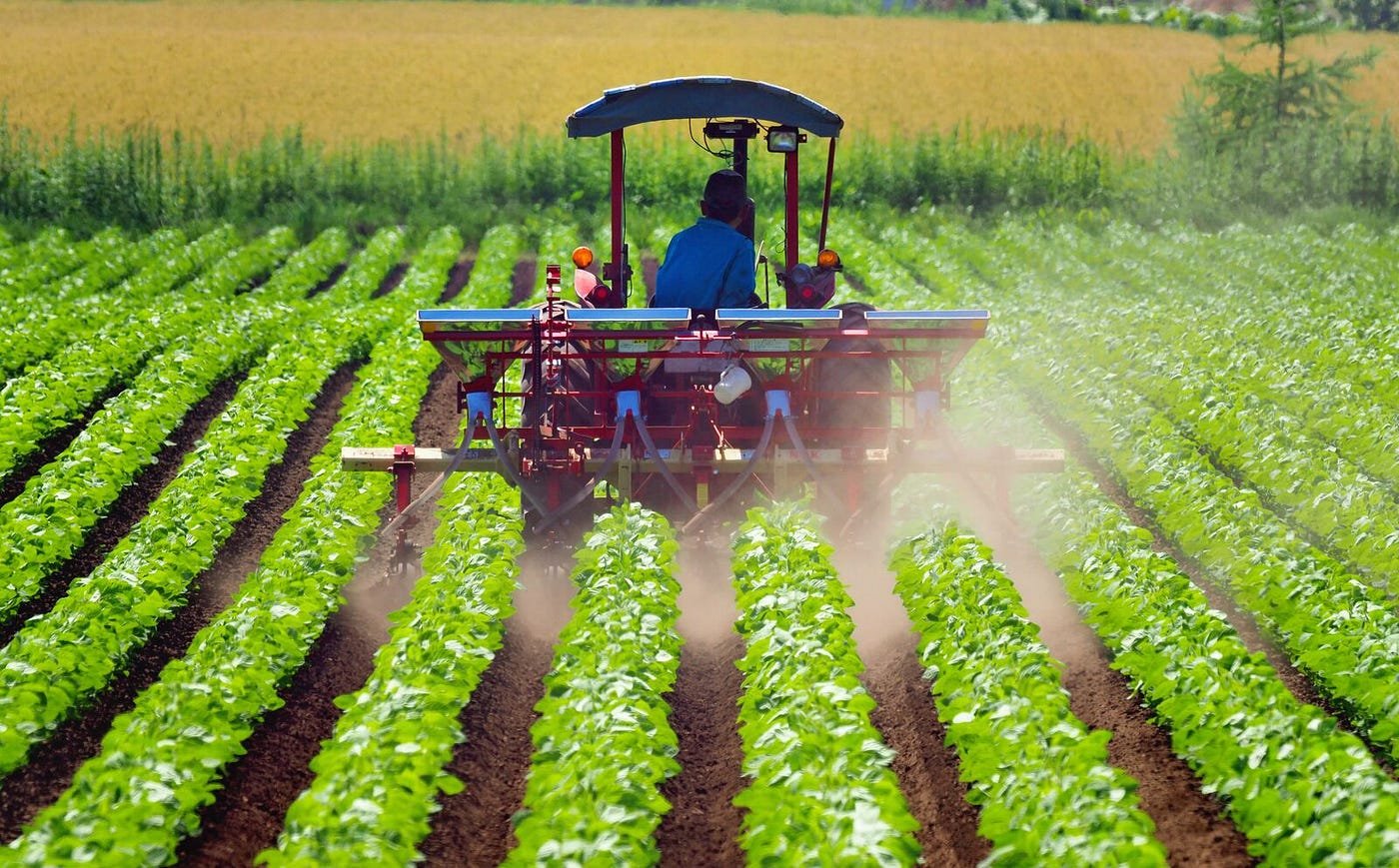Agricultural Cooperation Between Tanzania and Russia: Economic Implications, Benefits, and Strategic Recommendations

These bilateral talks focused on the key areas of Cooperation in Trade in agricultural commodities, Importation of Russian agricultural products into Tanzania, like the Supply of fertilizers and farm equipment, Scientific and technological cooperation,
On June 24, 2025, Tanzania’s Permanent Secretary in the Ministry of Agriculture, Mr. Gerald Mweli, held a bilateral virtual consultation with the Deputy Ministers of Agriculture of the Russian Federation, Mr. Markovich Maxim and Ms. Afonina Marina. The dialogue focused on strengthening agricultural cooperation between the two countries, to enhance Agricultural trade, technology transfer, fertilizer supply, and research collaboration. This high-level discussion is a key step in advancing Tanzania’s agricultural diplomacy and presents significant opportunities for economic transformation, particularly in increasing productivity, reducing input costs, and unlocking international markets for Tanzanian produce.
This article examines the potential economic impact of the talks, outlines the expected benefits for Tanzania, and provides strategic recommendations to ensure the partnership yields tangible results. As we can see that these bilateral talks focused on the key areas of Cooperation of Trade in agricultural commodities, Importation of Russian agricultural products into Tanzania, like the Supply of fertilizers and farm equipment, Scientific and technological cooperation, Training and knowledge exchange, Local seed production (including Open Pollinated Variety ‘OPV’ and hybrid seeds), Development of oilseed crops and wheat farming.
The implementations of these Bilateral talks between these two countries could result in economic benefits for Tanzania, like as Enhanced Agricultural Productivity by providing Access to improved seeds, modern tools, and fertilizers that will enhance crop yields and reduce dependence on traditional farming methods. Also, this will lead to higher income for farmers and boost Tanzania’s agricultural GDP contribution. Also, Reductions in the Cost of Agricultural Inputs since Russia is among the top global producers of fertilizers. Strategic sourcing from Russia could lower fertilizer prices in Tanzania, making inputs more affordable and encouraging adoption among smallholder farmers. Again, New Market Opportunities for Tanzanian Products. The partnership will open potential export channels for Tanzanian crops such as coffee, tea, cashew nuts, oilseeds, and bananas into the Russian market. This diversification could increase foreign exchange earnings and reduce trade imbalances. Equally important, Capacity Building and Knowledge Transfer to Tanzanian institutions like TARI (Tanzania Agricultural Research Institute) and COPRA will stand to benefit from technology transfers, joint research programs, and professional training that can modernize Tanzania’s agricultural systems. Lastly, the Development of Strategic Crops from Collaboration in oilseed and wheat production could reduce Tanzania’s reliance on imports for cooking oil and wheat flour. These are essential for household consumption and local food security.
In this plan, the Lack of a clear implementation roadmap could delay progress. Geopolitical tensions (Russia-Ukraine war) or economic instability could affect continuity. Coordination challenges between ministries and agencies may slow execution, and Limited awareness among farmers may hinder adoption of new technologies.
Strategic Recommendations for Tanzania
Firstly, the Tanzanian government should develop a Joint Implementation Framework with a well-structured action plan with timelines, responsibilities, and funding sources for guiding the rollout of agreed initiatives. Secondly, these two countries should have a task force to strengthen the Monitoring and Evaluation Mechanisms to track the implementation and resolve bottlenecks in real time, engage the Private Sector and Farmer Associations. Again, for greater impact, the Tanzanian government should ensure that local agribusinesses, cooperatives, and farmer groups are involved in the execution of trade and technology initiatives. Also, the government should invest in Storage and Processing Infrastructure to maximize the value of increased production, like promoting and investing in Agro-processing and storage facilities. Furthermore, the government should be focused on raising Awareness and Building Local Capacity by training extension officers and farmers on how to use a new Russian technology.
This partnership between Tanzania and Russia marks a progressive step toward agricultural transformation. If implemented strategically, it has the potential to improve productivity, enhance food security, create rural jobs, and generate higher export earnings. Turning this dialogue into action will require committed coordination, investment in systems, and continuous policy alignment. It is now up to Tanzania to seize this opportunity and turn bilateral goodwill into long-term economic gains for its agriculture-dependent population.
